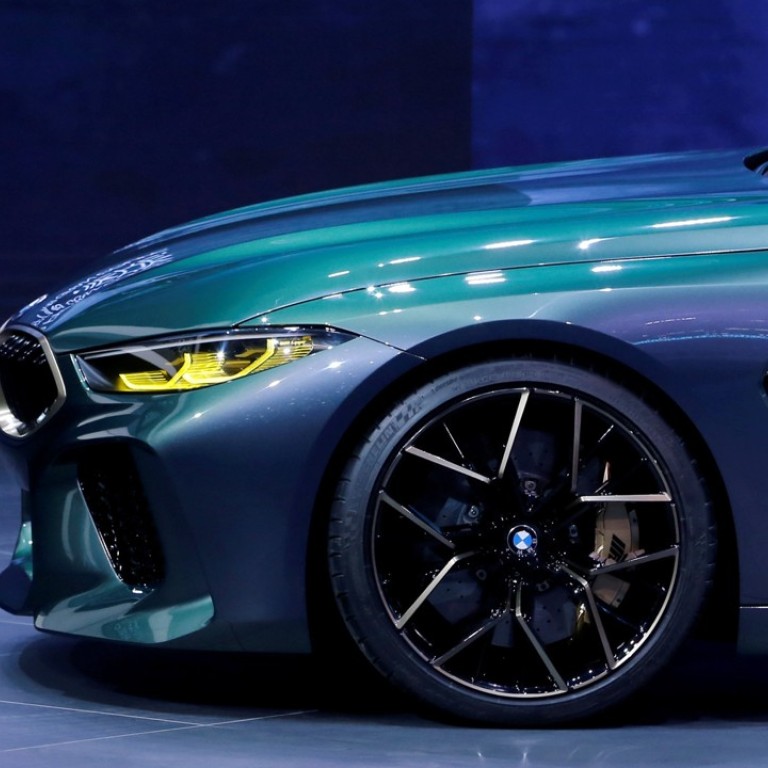
BMW makes inroads into China after winning ride-hailing licence in Chengdu
- China has become the world’s largest mobility market after fourfold growth over the past three years
BMW is making inroads into the ride-hailing business in China after securing a permit in Chengdu, making it the first global carmaker to obtain this kind of access in the world’s largest mobility market.
Transport authorities in Chengdu, capital of southwestern Sichuan province, awarded the licence earlier this month to the company’s subsidiary, BMW Mobility, according to an announcement late on Wednesday.
The permit will enable the German carmaker to provide online booked taxi services in the city, according to the statement. BMW did not reveal details of the expected fleet size or when it will launch services.
China has become the world’s largest mobility market after fourfold growth over the past three years, according to a survey by consultancy Bain & Company. It found 62 per cent of respondents in mainland China hail rides online, compared to 29 per cent in Germany and 23 per cent in the US.
Meanwhile, the ride-hailing scene in China has seen a rising number of traditional car makers enter the market – which has been dominated to date by Didi Chuxing. Last week, a car-hailing platform backed by Chinese state carmaker Shanghai Automotive Industry Corporation rolled out trial operations in Shanghai. Geely launched ride hailing services via its Caocao Car subsidiary a year earlier.
The market has also attracted new players including Meituan Dianping, Dida Chuxing, Shouqi and UCAR.
Didi Chuxing still accounts for more than 90 per cent of ride-hailing orders in China though. Having driven Uber out of the country in 2016 in exchange for a minority stake, the ride-hailing giant counts Apple, Softbank, Alibaba Group Holding and Tencent Holdings among its biggest shareholders. Last year it handled 7.4 billion rides, compared with Uber’s 4 billion trips.
With more players in the market, the quality of service and safety of passengers is expected to take centre stage after two rape and murder cases involving Didi drivers and passengers earlier this year plunged the industry into turmoil.
At the peak of the crisis in September, company founder and chief executive Cheng Wei said Didi had not made a profit in the six years since its founding and recorded a net loss of 4 billion yuan in the first half of the year.
Alibaba is the parent company of the Post.

